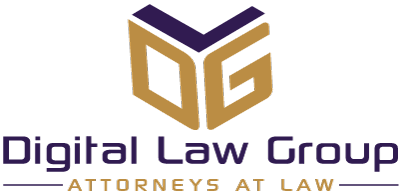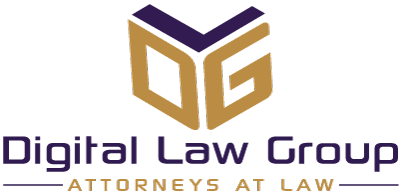Unless you are a caveman, you have most likely seen InventHelp’s commercials featuring celebrities such as George Foreman encouraging amateur inventors to call his friends at InventHelp. You know the pitch: “Do you have an idea for a new product or invention? How do I get my idea in front of companies? How do I get a patent?” For answers to these questions, you should call an intellectual property lawyer – not some paid celebrity’s “friends” at an invention promotion company.
Though not all are bad actors, many invention promotion companies (and consultants) have been accused of scamming individual inventors out of thousands of dollars; just ask those involved in a 2018 class action against InventHelp in the Southern District of New York (Zanotti et al v. Invention Submission Corporation et al).
The plaintiffs allege that InventHelp runs a “fraudulent invention promotion scam that has bilked thousands of aspiring inventors and entrepreneurs into paying millions of dollars” for services that were never intended to be provided. Specifically, named plaintiff Sherry Porter claims she paid InventHelp $9700 to market her LED pet collar. According to the lawsuit, InventHelp’s Pittsburgh headquarters contacted Porter and said a company called Abrams Gentile Entertainment was interested in licensing her invention. However, when investigators for Porter’s attorney went to the office of Abrams Gentile, it was vacant. The company didn’t exist.
Unfortunately for inventors, this is not the first promotion company to be accused of engaging in such fraudulent activity. In fact, due to prior lawsuits, the American Inventors Protection Act of 1999 (AIPA) was passed. This act requires that prior to signing an invention submission agreement with a promotion company, the firm must provide the following information:
1. The total number of inventions evaluated by the invention promoter for commercial potential in the past five years, as well as the number of those inventions that received positive evaluations, and the number of those inventions that received negative evaluations.
2. The total number of customers who have contracted with the invention promoter in the past five years, not including customers who have purchased trade show services, research, advertising, or other non-marketing services from the invention promoter, or who have defaulted in their payment to the invention promoter.
3. The total number of customers known by the invention promoter to have received a net financial profit as a direct result of the invention promotion services provided by such invention promoter.
4. The total number of customers known by the invention promoter to have received license agreements for their inventions as a direct result of the invention promotion services provided by such invention promoter.
5. The names and addresses of all previous invention promotion companies with which the invention promoter or its officers have collectively or individually been affiliated in the previous 10 years.
Upon reviewing these statistics from two companies, the numbers do not bode well for inventors. For example, promotion company Davison reported that the “total number of consumers in the last five years who made more money in royalties or sales proceeds than they paid to Davison, in total, under any and all agreements with Davison, is 15. This number includes people who first made a profit more than 5 years ago, if they continued to make additional profit during the past five years.”
InventHelp reported that “from 2015-2017, we signed Submission Agreements with 6,564 clients. As a result of our services, 166 clients have received license agreements for their products, and 49 clients have received more money than they paid us for these services.” For those doing the math, 0.7% of InventHelp clients made more money than they paid to InventHelp. The question also remains, how much more money did these inventors make to justify using such as service at such low odds of success?
There are also a host of consultants that charge monthly fees to participate in their inventing schools or to be coached through the inventing process. Some of these entities do not fit the definition of an invention promoter, and thus they are able to operate in a gray area that is not regulated by the AIPA.
Despite periodic enforcement activities and occasional legislation, the AIPA and the U.S. government do not do enough to protect independent inventors from fraud, misrepresentation and misleading statements about the success rate of so-called invention help companies.
If you are an inventor, do yourself a favor and contact an IP attorney about your invention, and instruct them to run a patent search to determine the novelty of your idea. A reputable IP attorney will not try to sell you monthly subscription fees or con you out of thousands of dollars for an idea that may not be patentable. You will be in a much better position to determine how you should proceed with your idea (and your money).
Please email us if you have any questions or if you would like to receive a copy of the complaint against InventHelp.


